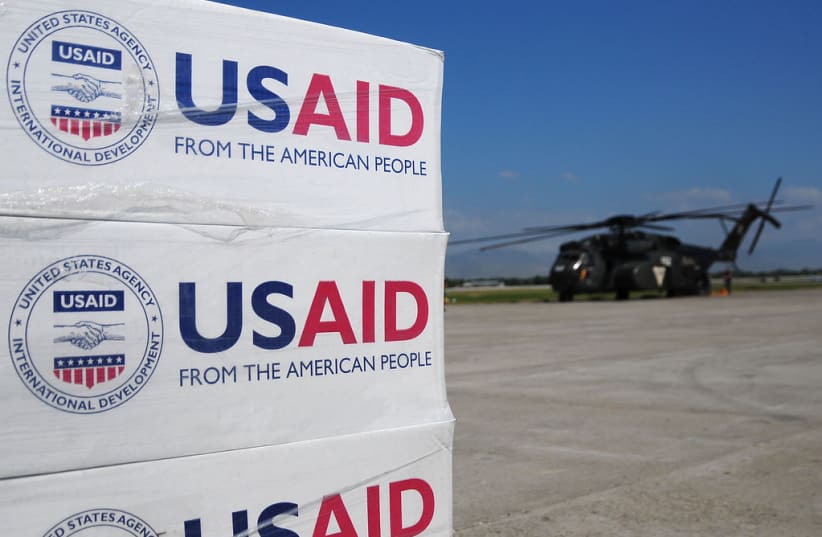Many Israeli organizations in welfare, education, health, and employment, traditionally rely on American philanthropic support, which is estimated to account for about 75% of international donations.

As Israel grapples with complex security and economic challenges, a new and silent threat is emerging from an unexpected source.
This consists of budget cuts by the Trump administration targeting social sectors and civil society organizations in the United States, alongside discussions about changes to tax-deductible donations.
These cuts, which have received almost no attention in Israeli public discourse, could have significant consequences for Israel’s social sector. Naturally, public and media attention are focused on the war and ongoing political-security scandals. However, this silent threat poses a real danger to Israeli civil society organizations.
In recent months, major American philanthropic foundations have been forced to reconsider their giving strategies. American non-profits are facing not only an unstable economic environment that may shrink donors’ pockets but also local crises, such as the wildfires in Los Angeles and drastic cuts in government support.
As a result, philanthropic foundations are increasingly expected to fill these growing gaps. The emerging outcome is a troubling trend: the redirection of donations away from Israeli civil society organizations back to the US.
Israeli reliance on US philanthropy
Many Israeli organizations working in social fields, welfare, education, health, and employment, traditionally rely on American philanthropic support, which is estimated to account for about 75% of all international donations coming to Israel.
A significant reduction in this support could severely harm their activities and threaten their organizational survival. This situation is exacerbated by the fact that the current Israeli government is already implementing across-the-board budget cuts, including reductions in funding for social sectors.
The social sector in Israel, and globally, plays a critical role in bridging social and economic gaps that governments cannot address. In the absence of a sufficient social safety net, these organizations provide essential services to vulnerable populations, promote equal opportunities, and strengthen the resilience of civil society.
If this trend continues, we are likely to witness alarming developments in the coming months, such as the closure of small and medium-sized civil society organizations, cuts to essential services for vulnerable populations, and the marginalization of innovative social initiatives. The consequences will be felt most acutely in Israel’s social and geographic periphery, where the need for support is greatest.
A coordinated national response is urgently required on three levels. First, the government must develop a more diversified support policy for social sector organizations and strengthen local funding sources.
Second, the business community must assume greater responsibility in supporting civil society, whether through direct donations or strategic partnerships.
Third, and most critically, civil society organizations themselves must work to diversify their funding sources and develop sustainable economic models that reduce their dependency on external donations.
Perhaps this current challenge will catalyze the creation of new, more sustainable models for social action in Israel.
Swift and decisive action
Israeli civil society organizations must act immediately and proactively reach out to their American funding foundations to secure the transfer of earmarked funds before these foundations decide to redirect resources back to domestic US organizations.
Swift and decisive action in the immediate term could help ensure the continued vital operations of these organizations in Israel, at least during this critical transition period.
While Israeli public attention is focused on immediate security and political challenges, it is crucial not to ignore the silent, developing threat to civil society.
We must ensure that the social safety net provided by these organizations remains strong for the resilience and future of Israeli society as a whole.
The writer is a co-founder and CEO of the SFI Group (Social Finance Israel.)










